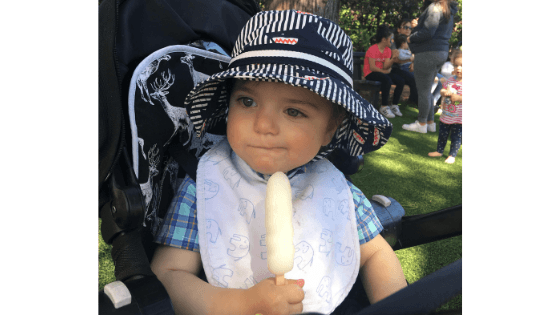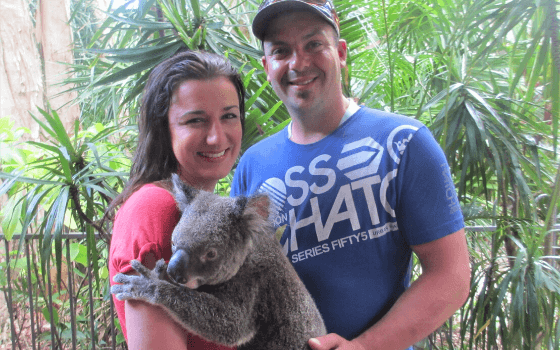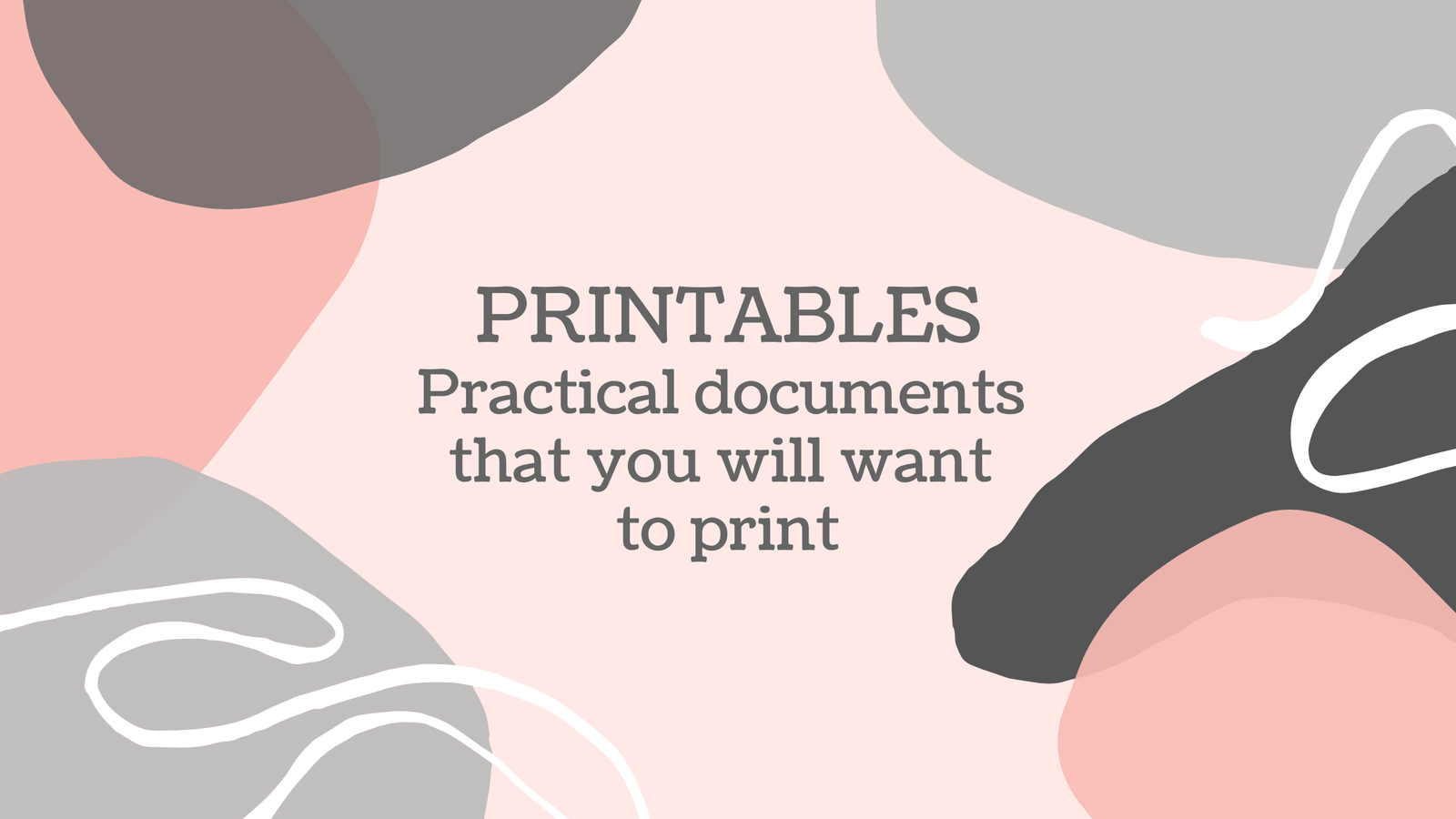Trust your gut: It's called motherly instinct for a reason

If something seems off, it probably is.
Our story
Two years ago my son woke with what I believed was a swollen cheek. He was 17 months old, so I assumed that it might have been related to teething.
We went about our normal day, heading out to our morning activity and meeting a friend for morning tea afterwards. I remember asking her if she thought that his face looked swollen and she comforted me saying that it didn't look like anything serious.
We went home and I still didn't feel right about it so I called our GP and booked an appointment for that day. The doctor took a look and then bought another doctor in for a second opinion. They weren't sure what had happened but mentioned that although unlikely, he may have had a stroke and that we should go to the hospital.
As I'm sure you can imagine, this was a scary time and being on my own that day with my two children I'm not really sure how I kept it together. I got in the car and drove straight to the hospital. I called my husband and mum who both met us there. They took us in pretty quickly and conducted all sorts of tests, from blood tests to check for tumours as well as eye, ear and movement tests. To be honest, I remember some parts of that day so vividly and others are a blur.
The diagnosis
Thankfully, after around 10 hours, we left with a diagnosis of Bell's Palsy. And I say thankfully, because although the cause is unknown, it is something that he had the chance to completely recover from.
Bell's palsy, also known as idiopathic facial palsy, is a form of temporary facial paralysis or weakness on one side of the face. It is thought to be a result of inflammation (swelling) of the facial nerve, which controls the muscles involved in facial expressions (e.g. frowning, smiling). The facial nerve also controls eyelid closure and is partly involved with taste sensation for the front part of the tongue. Palsy is the term used when a nerve is not working properly.
For most children, the condition usually resolves completely in time, with treatment depending on the cause of the condition.
The recovery
Because it is so rare in children of such a young age and they still do not know the cause, we decided to take part in the hospital study. At our one month visit, he had almost made a full recovery, with only a small part of his mouth showing paralysis and his eye still not completely closing during sleep. I am happy to report that he had made a complete recovery at our three month visit.
I wanted to share this with you because sometimes we let things slide that may require medical intervention or treatment and there is nothing wrong with going to the doctor if it means catching something early. Sometimes early detection can mean a much better chance of recovery so trust your motherly instinct.
If anyone is going through this, please feel free to reach out. I am more than happy to answer any questions that you may have if it will provide you with comfort or reassurance.
All the best,
Pam xx
Resources: www.rch.org.au
Leave a comment
Comments will be approved before showing up.
Also in The Practical Parent

Burping a Newborn: Why, When, How and What if...?
Burping your baby can be a lovely opportunity to bond but it can also be a very frustrating experience if your newborn is unsettled. Be patient as you learn what your baby needs and likes and what makes them feel better and remember that every baby is different so something that may work for one baby may not work for another.




Pamela Mercer
Author